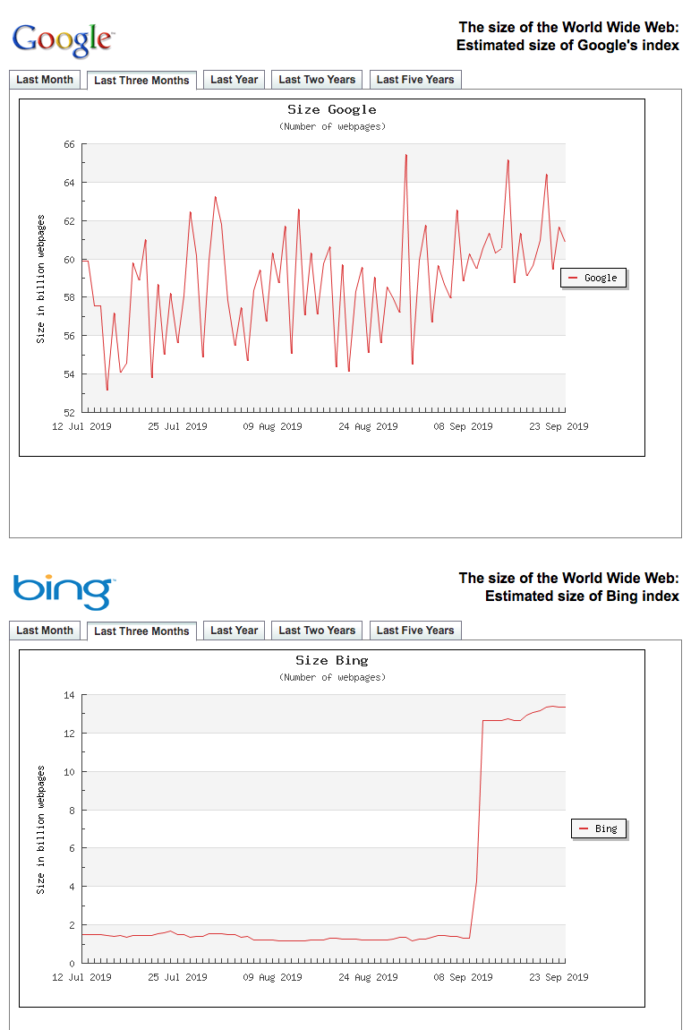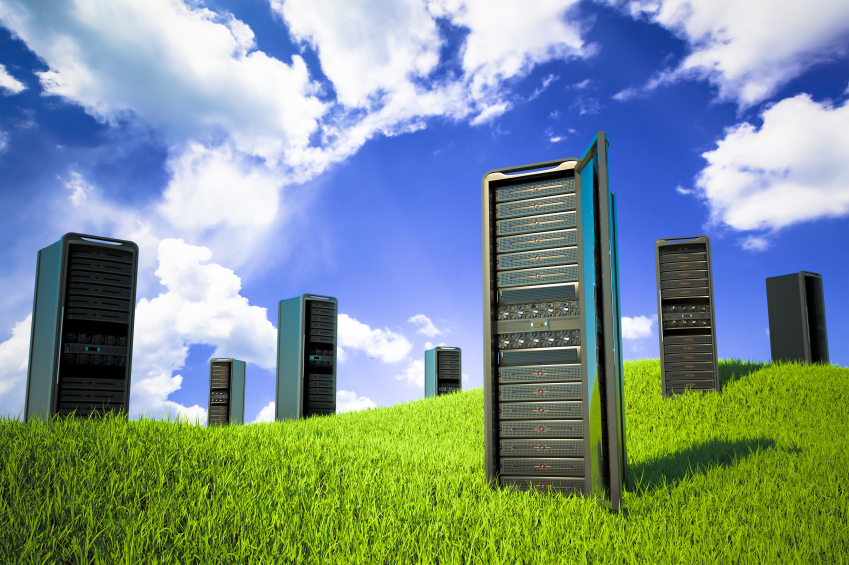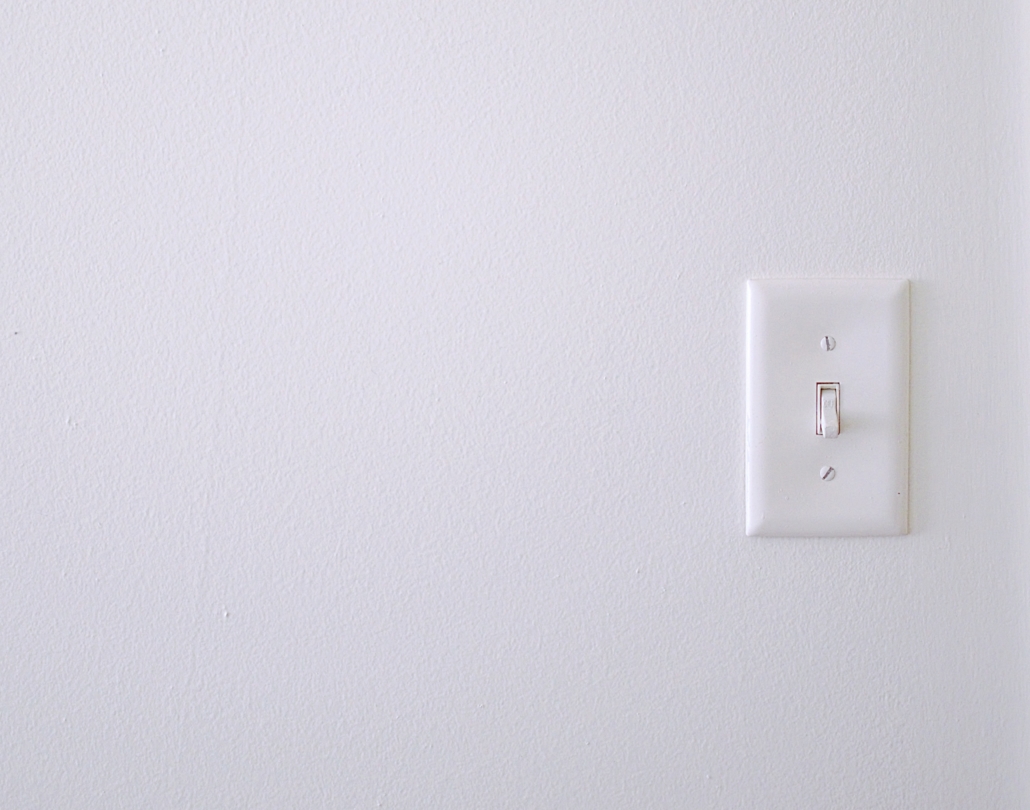
Photo by Leon Seibert on Unsplash
The word “internet” occurs 6,030,000,000 times on Google alone. That’s because there are so many questions people ask about the internet. “How to check internet speed”, “what’s internet banking”, “what’s the internet protocol”, “what’s the internet of things” (good question btw), “How to top up internet” and so on. No wonder! Because in 2019, the www is part of the routine for 4.4 billion people… including yourself.
We decided to stick to the existential questions below. And you may ask why? Well, we need to take a step forward for the sake of the many MobileRecharge.com fans we know, and the visitors of this blog, who are already in a good relationship with www and use it as a friendly tool.
1. Who’s controlling the internet?
That’s a bit of a Big Brother question… But it is a totally authorised one. When we visit a service on the internet, we go to the About us page. We want to know who are the people behind, what their expertise is. Of course! It’s the same with the internet.

Photo by Oleg Magni on Unsplash
Let’s remember that the internet is basically a group of protocols that organize communication between computers, servers and cables. These devices are private. Yet, the not-for-profit Internet Corporation for Assigned Names and Numbers, based in California, regulates the domain names (online addresses) the suffixes (“.com”, “.org”, etc).
Also known as ICANN, the entity reports to the US government. You do the math…
2. How big is the internet?
We asked WorldWideWeSize.com. And it automatically said at least 6.08 billion pages. Those are the Web indexed pages. Therefore, billion of trips around the sun… or something like that, right?

Source: https://www.worldwidewebsize.com/
3. Does the internet have a DARK PLACE?
Yep! It’s called the dark net. And just like there are peculiar places in a town, the same way the dark net is a network of fishy online places.
You surely have bumped into such a “black hole”. Think about it, how many times did you get virus attacks towards your computer? Or maybe your laptop got infected by a worm? But there’s much more happening on the dark net vs surface net. And it’s difficult to get into the dark net.
The sources of those viruses and worms are the “black holes”. And trust the experts, there are so many websites out there. Legal and illegal markets… Here’s an overview on what dark net comprises and how it affects the world.
4. Is the internet damaging the environment?
Not like a fuel engine! But it uses huge carbon footprint. Then, to keep the net running, we need to keep data centers, computers and peripherals ON.
According to Google reports, we produce 200 milligrams of CO2 for a single search. That happens by producing electricity needed to make that search. To give you an idea, “1000 searches produce the same CO2 emissions as an average European car travelling 1 kilometre.” (NewScientist.com)
Solutions start to show up…
Many interested in this topic claim that we can reduce carbon emissions by making business and industry more efficient. For example, turning to green data centers. Also known as a sustainable data center, this is basically a server facility that uses energy-efficient technologies.
 Source: https://www.commscope.com/Blog/Building-Green-Data-Centers/
Source: https://www.commscope.com/Blog/Building-Green-Data-Centers/
Other public figures suggest managing street lights more efficiently and thus saving up to 40% energy.
Bill Ruh, vice-president of GE Software, suggests using PowerUp, one of the 40 apps that use sensors to collect weather and performance data from wind turbines to help “operators to generate up to 5% more electricity without physically changing it, which generates 20% more profit for our customers.” (TheGuardian.com)
5. Can anyone shut down the internet?
Most probably NOT! Much of the infrastructure and the internet service providers (ISPs) that run them are private. And even if the government would interfere in a country, it would be very difficult to do this change on a worldwide basis. So, there’s no governmental power off threat.
Secondly, it’s hard to imagine a reason why anyone would want to do that. Shutting down the internet may have much higher impact on the economy than the biggest cyber-attacks in history according to science people.
 Photo by twinsfisch on Unsplash
Photo by twinsfisch on Unsplash
Thirdly, it’s hard to switch OFF a complex infrastructure from multiple sources at once.
There is no single “switch” or command that would do this, but there are theoretical ways to sabotage the Internet that would require a great deal of coordination with people in multiple locations. (Jason Tracy, Network Engineer with 20+ years of experience, Quora, Oct 10, 2017)
Read more about the topic on Quora, where people contribute with valuable knowledge.
6. Is online communication good communication?
Social media networks like Facebook are the most popular on the internet. But does the internet improve communication or handicap offline conversations?
Celebrate chat & communities, but
The answer comes from psychologists, sociologists and even students. Matthew Murchie, a 15 year old student, speaks up in the South China Morning Post. He reminds us that the internet’s no.1 goal was to be a communication tool. Right! Then, instant messaging, video conferencing proved its potential and no limits. Online communities intensified communication and made it more personal. People share videos, use emoji to express feelings, chat and send music. Pretty subjective and complex. Something hard to imagine in a 20 minute talk in the street in the 1930’s. Plus communication expanded to more than friends.
BUT, there seems to be something like digital effective communication, not to take online conversations into a total waste of time. Do we use what we learn on the internet in our offline lives?
Being with people vs talking to people
Also, offline communication and online communication seem to be pretty different. Neurotransmitters are the key in the physical closeness, whether that’s OK or less comfortable sometimes.
7. Is the internet self-aware?

Photo by John Mark Arnold on Unsplash
In other words, does the internet have something similar to consciousness? Actually, it’s a totally realistic question, if we consider what the human brain and the world wide web complex network have in common. As Michael Brooks puts it in an article from NewScientist.com “they both hold, process, recall and transmit information.”
Then, the question stays fresh: how does this mechanism that works like a huge brain can develop consciousness, that is self-awareness? Francis Heylighen, who studies collective consciousness, artificial intelligence and the evolution of the information society at the Free University of Brussels claims that a semiconscious network like the internet today can get some help to monitor its knowledge gaps. Then, the internet that knows its parts and functions and strives to become better at organizing itself could turn into consciousness.
8. How does the internet actually work?
First, remember there are 8+ billion devices on the internet, which is a global network of computers. Each computer must have a unique address in the form nnn.nnn.nnn.nnn where nnn must be a number from 0-255. You probably have heard of the IP address. :)
Protocols & packets
Every computer has a protocol stack built into the OS (operating system like Windows, Unix, etc) that tells a computer HOW to communicate on the internet. Experts call it TCP/IP protocol stack. And data that travels is called message and the delivery form is called packet.
Consider routers as a key element
The internet is made up of a massive network of specialized computers called routers. Each router’s job is to know how to move packets along from their source to their destination. A packet will have moved through multiple routers during its journey. (Steven Li, How does the internet work, Medium.com, August 2017)
These routers originated in the 1960s as ARPANET, a military project whose goal was a computer network that was decentralized so the government could access and distribute information in the case of a catastrophic event. Since then, a number of Internet Service Providers (ISP) corporations have added routers onto these ARPANET routers. (Steven Li, How does the internet work, Medium.com, Aug , 2017)
You can find more in depth details on Medium and web.standford.edu.
9. How will automation affect the working field?
Tools and online apps take over the skills of employees. Therefore, those working in production (but not only) will have to adapt to a new market demand. Yet, the first effects are already visible. More and more people are replaced by machines.
A Digital Skills Select Committee report to the House of Lords in February estimated that 35% of UK jobs would be lost to automation in the next 20 years. It echoes the sort of thinking that Erik Brynjolfsson and Andrew McAfee’s The Second Machine Age: Work, Progress, and Prosperity in a Time of Brilliant Technologies predicts. (Eight questions you should be asking about the internet of things, TheGuardian.com, 2015)
10. What things we should never connect?
We connect fridges, smart TVs, watches, vacuum cleaners, heating, you name it… Also, robots will soon be present in a smart home of the future. Yet, what’s the ethical line where to stop?
 Photo by Andy Kelly on Unsplash
Photo by Andy Kelly on Unsplash
A student asked Chi Onwurah, the British Labour party politician elected as MP in 2010, if she was in favor of putting tracking implants in kids. That raised a big NO and a reference to what we should never connect: “human beings”.


